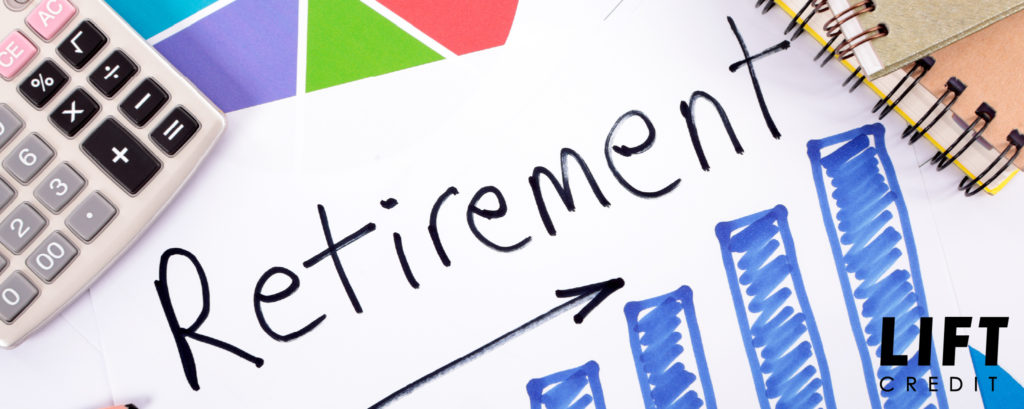The Beginner’s Guide to Saving for Retirement
What most people don’t know is how to make retirement a reality. The idea of living off of your savings and not having to go to work might feel like a dream. But by starting now and making sure you take the right steps, you can retire when the time is right.
Have you recently asked, “How much should I save for retirement?” If so, here are a few quick rules of thumb that you can follow to help you comfortably retire.
Start Now
When should you start saving for retirement? Start today! Anything you save—even if it is only a few dollars—puts you one step closer to your goal, which is better than doing nothing.
By starting now and saving only $10 each month, in 30 years, you can have over $12,000 saved. And that’s only $10 a month! Because of compound interest (which is when you earn interest on your savings and then over time that additional money earns interest in addition to the money you invest), the earlier you invest and the longer you allow your investment to mature, the better off you will be.
It can be tempting to put off investing in your retirement now because money is tight and your budget is barely holding together. But if you don’t make it a priority now, you won’t make it a priority once you do have money. Even on the most basic budget, you can set aside at least some money into your retirement. Remember, every little bit helps.
Get Out and Stay Out of Debt
You can’t save for your future if you’re paying off the debt of your past. It doesn’t do you any good to save up for retirement if, by the time you retire, you have to spend your savings to pay off your debts.
Start your journey of getting out of debt by budgeting. Make sure you do not add more debt to what you already owe.
Next, focus on paying off your debt. You can use the debt snowball method, which is where you focus on paying off one debt at a time. Start by paying off smaller consumer debts like your credit cards and work up to student loans, car loans, and even your mortgage. No matter which method you use, the important part is to get rid of your debt.
Once you have paid off all of your debt, stay out of debt. Do not go back to monthly payments. If you want to buy something, save for it and pay in cash. The only time you should consider debt is in the case of an emergency.
Consistently Save
For every paycheck, set aside a small percentage of your income and have it go directly to your retirement savings. Most companies have automatic 401(k) options that will do this for you. Sign up for those programs and use them.
How Much Should I Save for Retirement?
The amount you save directly impacts how early you can retire. If you can afford to contribute over 20% of your paycheck, that’s great! That means you’ll be able to retire earlier than people who are only contributing 10%.
While the exact number will change depending on who you talk to, most experts recommend a savings goal of somewhere between 10-15% of your income. If you are planning to retire early or are a little older and just starting to save for retirement, you may want to consider saving more of your annual income.
Use Matching Programs
If the company you work for has a 401(k) program, they might also have a matching program that you can participate in. These programs allow you to automatically withdraw money from your paycheck, and your employer will match up to a certain percent of your contribution.
Imagine your boss telling you that no matter how much money you give them, they’ll automatically give you twice as much back. If you give them $50, they’ll hand you $100 back. Why wouldn’t you take them up on that offer, and why wouldn’t you try to use it for everything it was worth?
Matching programs double your investment and should be considered free money. Use these programs as much as you can. They are an invaluable contribution to your retirement and can help your savings grow faster.
Lift Credit Can Help
If you’re struggling to make your payments or work towards retirement, consider using Lift Credit’s personal loans. These loans can be enough to help you with affordable payments that match your budget and financial situation and lower interest rates than payday loans.









